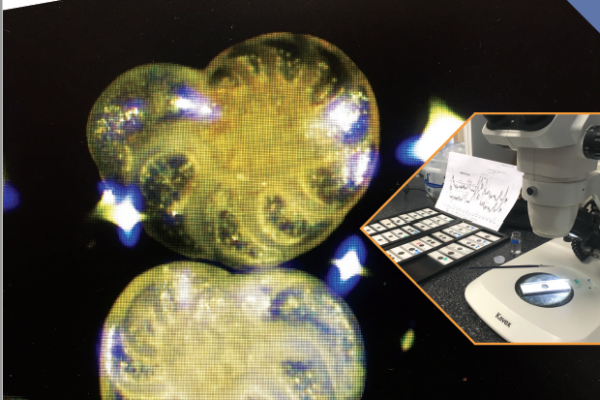Category: News

Annual Review 2023
Read More
Project Title: The neutrophil antimicrobial peptide cathelicidin drives Th17 responses during infection
Following vaccination against bacteria, immune responses are generated in the lymph nodes. One particular white blood cell, called a T cell, is important for these responses. T cells grow and develop in the lymph nodes after the vaccination and help to prime the body against future attack. If there is an infection, the T cells then multiply and flood to the site of infection, helping to kill off the invaders.
Exactly how these T cells are primed in the lymph nodes is still not fully understood. We investigate this process, which is important because understanding more about it will enable us to develop better vaccinations as well as allowing us to induce better immune responses against infections.
We are examining how one molecule, called the aryl hydrocarbon receptor, is switched on by these T cells and what this means for the development of immunity. We do this by examining mouse and human blood cells in dishes in the lab, and seeing what makes them produce this receptor, and whether we can boost it with targeted treatments.

Awarded: Research Incentive Grant
Field: Microbiology, Immunology & Developmental Biology
University: University of Edinburgh